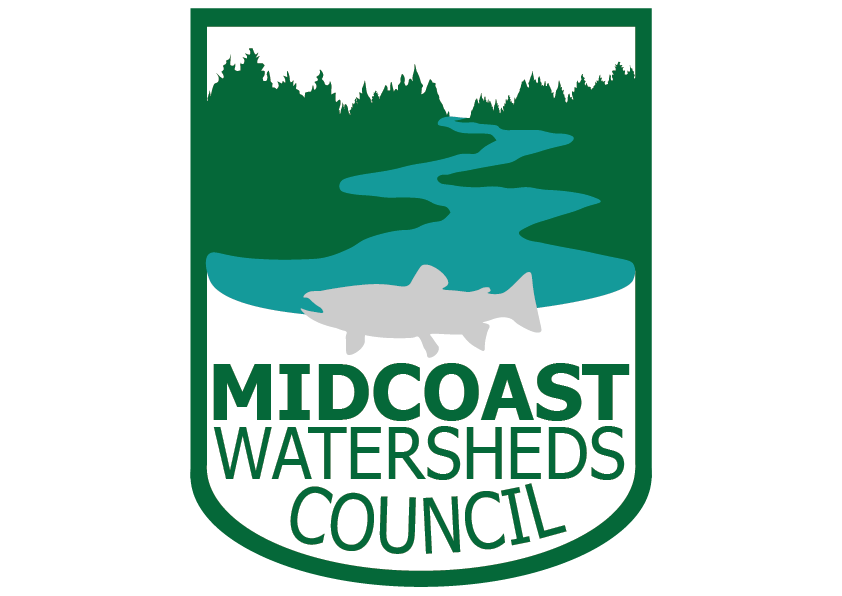JOIN US FEBRUARY 3RD AT 6:30 FOR OUR VIRTUAL COMMUNITY MEETING
Seagrasses are frequently considered a indicator species of estuarine health and productivity since they are sensitive to nutrient overload, temperature, water clarity, and are long-term integrators of environmental conditions. Estuaries are increasingly subjected to stress from natural and anthropogenic nutrients as well as changing temperatures and coastal acidification. This presentation will focus on local and regional changes in the presence and distribution of native eelgrass (Zostera marina L). and non-native Japanese eelgrass (Z. japonica Aschers. & Greabn) in relation to changing stressors. The presentation draws heavily on more than 20 years of research conducted at ORD’s Pacific Coastal Ecology Branch (CPHEA/PESD) in Newport, OR.
EPA’s Office of Research and Development facility in Newport, now called the Pacific Coastal Ecology Branch (PCEB), has been part of the Hatfield Marine Science Center campus since 1980. A major research focus of PCEB since about 1997 has been on the distribution and ecology of seagrasses in Yaquina Bay and other PNW estuaries. Research topics have included seagrass mapping, physiological and biogeochemical responses to water and sediment quality, population dynamics, and ecological modeling, as well as studies of ecological interactions with birds, fish and invertebrates. Seagrasses are considered a sentinel species of estuarine health and productivity since they are sensitive to, and long-term integrators of, environmental conditions. Estuaries are increasingly subjected to stress from natural and anthropogenic nutrients as well as changing temperatures and coastal acidification. This presentation will focus on local and regional changes in the presence and distribution of native eelgrass Zostera marina L. and non-native Japanese eelgrass Z. japonica Aschers. & Greabn. in relation to changing stressors.
ABOUT THE SPEAKER
Dr. James Kaldy is a ecologist at US EPA, Pacific Ecological Systems Division located in Newport. Over the last 20 years Jim has conducted research on the ecology of seagrasses and macroalgae in Yaquina Bay and other PNW estuaries. Prior to that, he conducted seagrass research in New England and the Gulf of Mexico. Jim earned a Ph.D. in Marine Science from the University of Texas at Austin in 1997 and has over 35 peer-reviewed publications. He also holds a MS in Plant Biology from the University of New Hampshire and a BS in Marine Science from LIU-Southampton.
